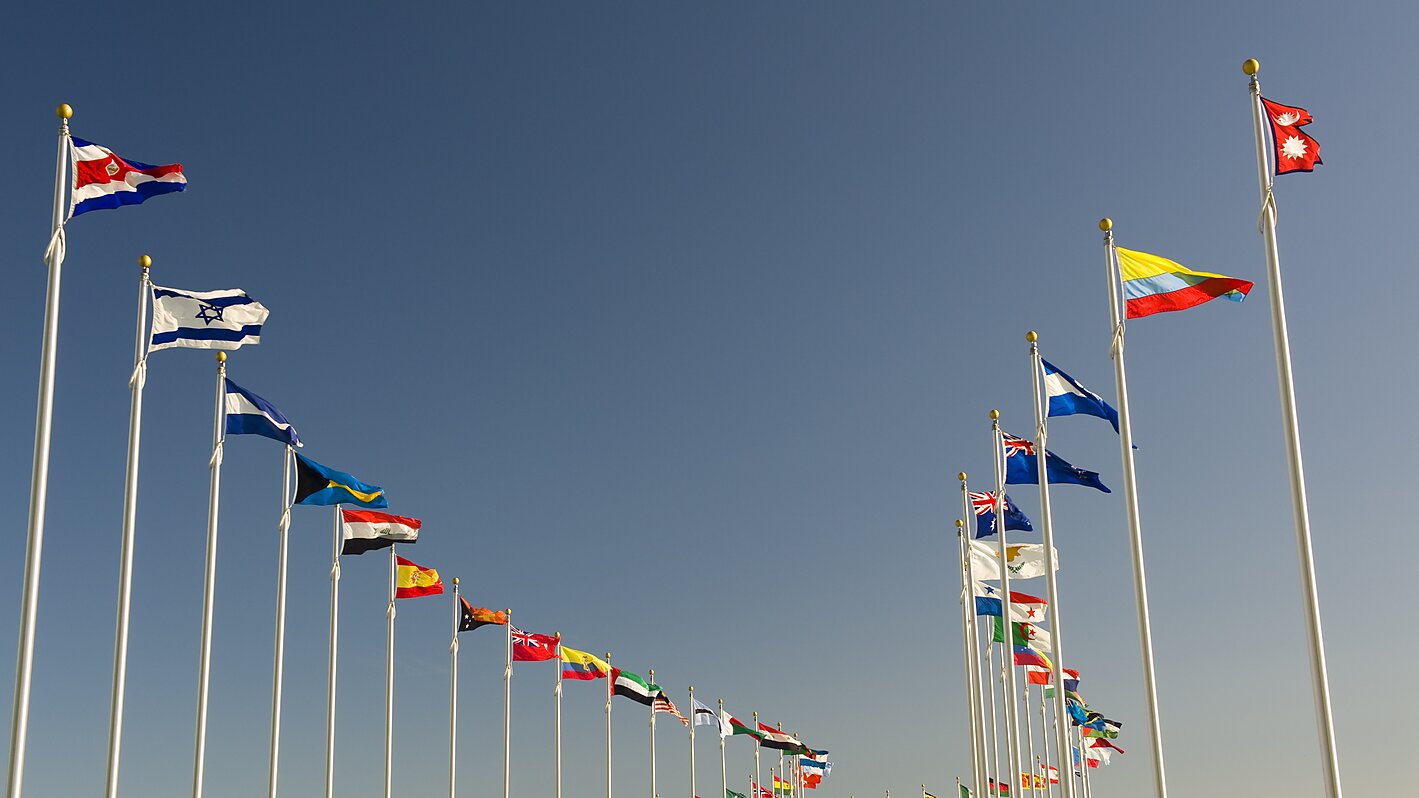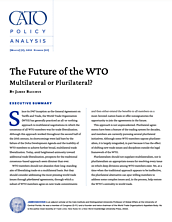WTO members should not abandon their long-standing aim of liberalizing trade on a multilateral basis. But they should consider addressing the most pressing world trade issues through plurilateral agreements, through which a subset of WTO members agree on new trade commitments and then either extend the benefits to all members on a most-favored-nation basis or offer nonsignatories the opportunity to join the agreements in the future.
This approach is not unprecedented. Plurilateral agreements have been a feature of the trading system for decades, and members are currently pursuing several plurilateral initiatives. Although some WTO members oppose plurilateralism, it is largely misguided, in part because it has the effect of shifting new trade issues and disciplines outside the legal framework of the WTO.
Plurilateralism should not supplant multilateralism, nor is plurilateralism an appropriate means for resolving every issue on which deep divisions among WTO members exist. Yet, at a time when the traditional approach appears to be ineffective, the plurilateral alternative can spur willing members to address some complex issues and, in the process, help restore the WTO’s centrality in world trade.






